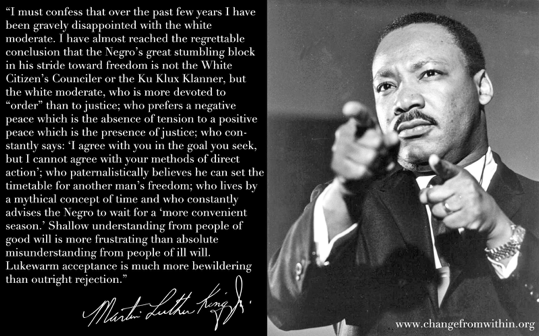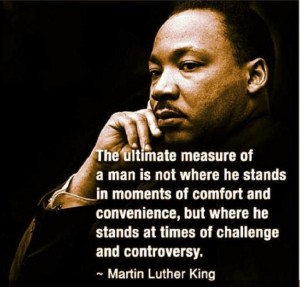I didn't get the sense it worked on Liby Phelps from
this article or
this one. In fact, she cites on both the efforts to shame her into obedience from within the church as the greater factor that made her leave.
In the case of WBC, how is shaming an already insular group who view all outsiders already as dirty, damned sinners going to do anything to most members except confirm their in-group/out-group world view? As said, people like Liby or Phelps-Roper grew up being hated and spat upon by opponents outside the church(apparently Liby was assaulted twice by counter protestors as child and teen). Where exactly does she cite anything that supports your tactics?
I don't think I said I was going to enforce anything. I just think being sanctimonious and arrogant towards those who don't tow your line not only pushes them not to agree with you, but it alienates all sorts of potential allies, which comes at great cost long term. This isn't saying that people should lie down. This isn't saying that people just be quiet and go about their lives without working towards a better world. I just don't see convincing evidence that going up to an opponent and shouting about how awful they are for not agreeing with you as an effective strategy. It didn't seem to work on the two women above, and according to OP, it doesn't seem to work on most people in general.
As to the point that it is not about convincing opponents, but changing society's views of them, doesn't being an in your face asshole to your opponents make it awfully easy for a whole bunch of people in general society to just roll their eyes and ignore you and your cause? Or even actively support your opponents?
I mean given how much useful ammo anti-feminists have gotten out of someone like
this, and how easy it is to mock and belittle feminism with this example, can't you see how such tactics can give your cause an image problem at the very least?
Anyway, I'm pretty tired. I'm going to bed.




